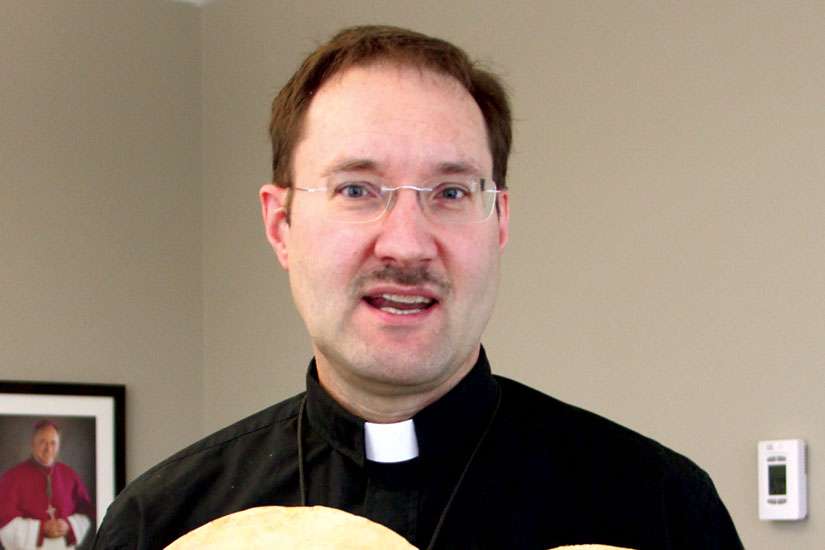The Oblates of Mary Immaculate sold its only Yukon property in February, closing a 117-year history of service.
“Our numbers have been diminishing and our personnel are aging,” said Fr. Richard Beaudette, OMI, superior of Lacombe Province, which includes all of Canada but Quebec.
“We’re in the process of discerning our future as a community.”
The Oblates landed in Canada as missionaries in 1841 and entered Yukon during the gold rush. The order was tasked with reaching out to remote areas, and members became the first bishops of many dioceses, including Vancouver.
Beaudette, now vicar general in Prince George, served at the cathedral parish in Whitehorse for six years in the early 1990s. There were 17 Oblates serving in the Yukon then. Now there aren’t enough missionaries to go around.
“In 10 years, we’ve gone from 400 members to 200.”
The last Oblate in active ministry in Whitehorse was Fr. Jim Bleackley, who moved to Ottawa in 2013; the last retired Oblate in the Yukon died in December.
The last building the Oblates held in the Yukon was a retirement home built in 1991 for elderly priests.
“We decided that we no longer had need of it. It was an asset that could be better used by someone else.”
The Yukon government bought the building and it will be converted to a new downtown health-care facility with 10 beds.
At the end of more than a century of service in the Yukon, the Oblates are discerning the order’s future in Canada.
“We’re really reassessing where we’re called to work and recognizing that part of our mission is to reach the poor,” said Beaudette.
Fr. Mark Blom, OMI, vocations director for the Lacombe province, has been travelling around the country encouraging young men to consider becoming Oblates. He said bishops in the north “rely heavily” on Oblates because very few locals pursue vocations.
“Northerners generally are not as inclined to go and study for seven or eight years to become priests, and most northerners don’t identify with living a single life,” he explained. “That’s a real struggle for the Church up there.”
In a new strategy, the Oblates aim to establish tight-knit hubs across the country, where a handful of missionaries live and serve together.
“In shifting our ministries to these mission centres, we’re hoping to do good ministry, live together and recover our community charism, and to provide a place where we can really invite young men to come and taste: what does it mean to be a religious and an Oblate?” said Blom.
When the Oblates gather for a triennial meeting in April, they will talk about ways to serve the poor and ways to reach out to remote areas.
“It breaks our hearts when we have to leave some of these places,” he said.
(B.C. Catholic)


